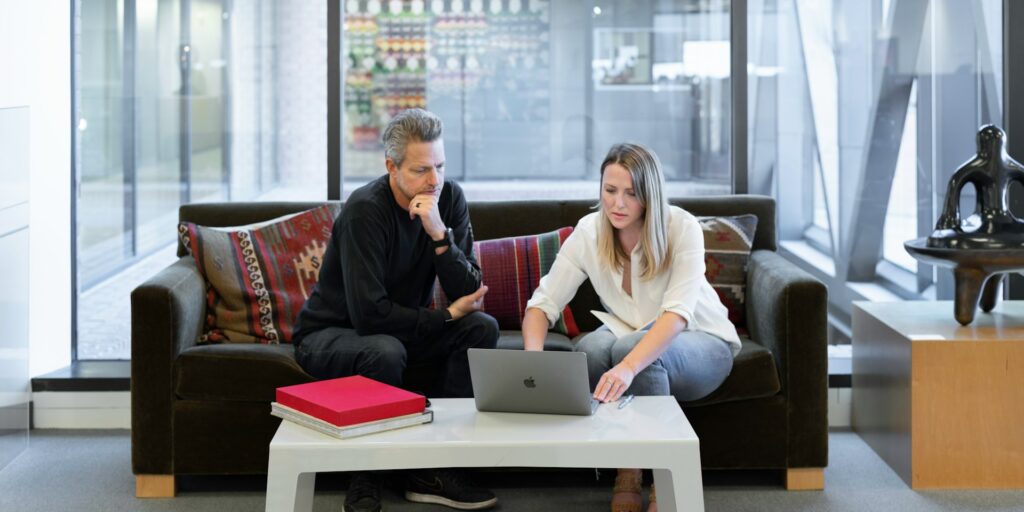- Who gets to remain in the family residence after a separation? - March 13, 2025
- How does a condo purchase differ from the sale of a home? - November 20, 2024
- Misrepresentation during a home sale carries consequences - September 20, 2024
By LegalMatters Staff • There are many factors to consider before you decide to become a homeowner. Perhaps the most important one is to determine how much you can afford to spend.
“As a first-time real estate buyer, you might not be aware of all of the costs associated with homeownership, says Edmonton real estate lawyer Mark Demas. “Upfront expenses include the down payment, closing costs and any applicable taxes.”
He says ongoing costs include mortgage payments, property taxes, insurance, utility bills and condominium fees (if applicable), along with routine repairs and maintenance.
“Then there are the major renovations and upgrades every home needs over time,” says Demas. “This includes roof and furnace replacement, electrical upgrades and window and door replacements.”
As a general rule of thumb, your monthly housing costs should be no more than 32 per cent of your average gross (before-tax) monthly income, he says.
Demas advises prospective buyers to get pre-approved for a mortgage before they start looking for a home.
“A mortgage pre-approval often specifies a term, interest rate and principal amount,” he says. “Although not a required step, it is helpful as it can give you a clearer picture of how much house you may be able to afford.”
Demas notes that the minimum down payment required to purchase a home in Alberta is five per cent of the first $500,000 of the purchase price and 10 per cent for any amount over $500,000.
“A sizeable down payment will not only reduce the amount you need to borrow but it will also lower your monthly mortgage payments,” he says. “In addition, if you have a down payment of 20 per cent or more of the home price, you will also avoid having to get mortgage insurance on top of your monthly payments.”

